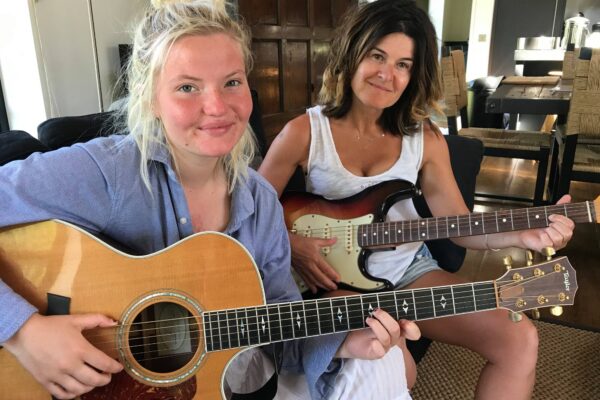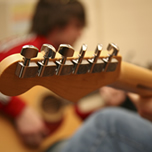
How to Skyrocket Your Guitar Skills
How to Skyrocket Your Guitar Skills: Mastering the Path to Guitar Greatness
See Your Potential with These Game-Changing Guitar Tips
Becoming a better guitarist isn’t just about practice—it’s about passion, creativity, and smart strategies that fuel your growth. Whether you’re a beginner or an experienced player, there are always new techniques to explore and areas to improve. Below are some transformative tips to help you elevate your guitar playing to the next level.
See Your Potential with These Game-Changing Guitar Tips
1. Find What Inspires You: Discover Your Guitar Passion
The journey to improving your guitar skills begins with inspiration. Ask yourself, “What type of music makes me want to pick up the guitar every day?” Whether it’s blues, rock, classical, or metal, dive deep into the genres that ignite your creativity. Listen to your favorite artists, study their techniques, and experiment with their sounds to develop your unique style.
Pro Tip: Create playlists of your favorite tracks to play along with and learn something new from each song.
2. Surround Yourself with Great Guitarists: The Power of Community
Growth is contagious. Surround yourself with guitarists who challenge and inspire you, whether they’re more skilled or at your level. Join local guitar communities, attend jam sessions, or take part in online guitar groups. Learning from others, sharing techniques, and engaging in friendly competition can significantly push your progress.
Pro Tip: Schedule weekly jam sessions or lessons with musicians who motivate you.
3. Turn Frustration into Motivation: Embrace Challenges
Every guitarist hits a wall at some point, whether it’s struggling with a difficult song or trying to nail a complex solo. Instead of letting frustration defeat you, use it as a motivating force. Set short-term goals, celebrate small victories, and understand that each challenge you conquer makes you a better player.
Pro Tip: Break down tough pieces into manageable sections. Focus on mastering one part before moving to the next.
4. Listen to More Music: Expand Your Musical Horizons
Listening to more music isn’t just for enjoyment—it’s an essential learning tool. By exposing yourself to a wide variety of genres and styles, you’ll naturally pick up new techniques and ideas. Discover similar music to what you already love, but also branch out into unfamiliar territories to broaden your perspective and fuel creativity.
Pro Tip: Dedicate 15 minutes a day to listening to music you wouldn’t normally choose. Your guitar playing will thank you.
5. Educate Yourself: Never Stop Learning
Even the best guitarists are constantly learning. Keep improving your music theory knowledge, study different scales and chord progressions, and practice new techniques. Explore online courses, YouTube tutorials, and instructional books. By expanding your understanding of the guitar, you’ll become a more versatile and innovative musician.
Pro Tip: Focus on one new music theory concept each week, such as alternate picking or fingerpicking patterns.
6. Practice Smart, Not Just Hard: Quality Over Quantity
While practice is essential, it’s not just about the hours you put in but how you spend them. Break your practice sessions into focused chunks—warm-up exercises, scales, improvisation, and song learning. Incorporate variety to keep things fresh and engaging.
Pro Tip: Try the 20-minute rule—focus on one aspect of your playing for 20 minutes before moving to the next. This helps build consistent improvement without burnout.
7. Record Yourself: Track Your Progress
One of the best ways to gauge your improvement is by recording your practice sessions. Listening back allows you to hear areas that need improvement and moments where you shine. It’s also a fantastic way to track progress over time and boost your confidence.
Pro Tip: Create a practice journal where you log your progress, note down areas to improve, and set new goals.
8. Take Time to Create: Embrace Your Inner Composer
Playing covers is fun, but nothing improves your guitar skills like composing your own music. Start small by writing riffs or simple chord progressions. Over time, experiment with different styles, structures, and melodies. Not only will this help you improve, but it will also help you express your creativity and develop your personal sound.
Pro Tip: Challenge yourself to write a new riff or melody each day, even if it’s just a few bars.







